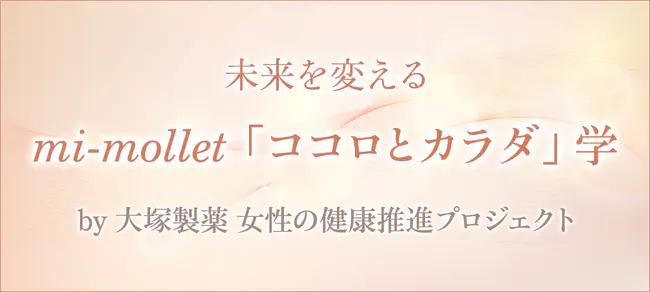This year, the House of Representatives election was held for the first time in four years. In the end, the ruling party won and the people chose to maintain the status quo. On the other hand, there must have been quite a few people who felt uneasy about the future, wondering, "Is this really going to be okay?" When society becomes unstable, it is the vulnerable people who are the first to suffer damage. This includes people in the category of “not young women”. Specifically, what kind of social "walls" are women likely to face as they get older? What kind of preparations should be made to protect oneself? Always the minimum wage, is this my fault? Asked a member of the Diet", I interviewed writer Shizuka Wada in her 50s. “My anxiety is about Japan,” says Ms. Wada.

mi-mollet
Shizuka Wada was born in 1965 in Chiba Prefecture. She is a sumo wrestler and a music writer. His publications include "Sekai no Sumosan", "Betting on Tokyo during the Covid-19 Crisis: A Diary to Support the Needy under the Declaration of a State of Emergency", and "Tokyo Rock Bar Story". On 12/27, he published his latest book, "Election Campaign, I tried handing out flyers. "Kagawa 1st Ward" Adhesive Diary" (Sousha) has just been released.ーーYour book, which was published at the end of August this year, has become a hot topic. Mr. Junya Ogawa, a member of the House of Representatives, obediently asks us simple questions that we have on a daily basis and draws out easy-to-understand answers. Really, while reading, I slapped my knees many times thinking, "Is that what you meant?!" Did you originally have a strong interest in politics? Wada: Not at all. However, from about 10 years ago, I was just a person who was just frustrated by myself, saying that life was hard for some reason, that I was no good. ――Why did you interview a member of the Diet and publish a book!? Wada: I think the biggest trigger was the spread of the novel coronavirus. Even before that, I couldn't make a living from my main job as a writer, so I was working part-time at convenience stores, restaurants, and rice ball shops. That's the corona misfortune and I'm fired. Until then, I thought it would be difficult, but I thought I could manage it if I worked part-time, but it didn't work out that way either. I was in despair, thinking that I might not be able to live with this anymore. In fact, no matter how hard I tried, my income as a writer was around 100,000 yen a month. ――It must be difficult to live on 100,000 yen in Tokyo. What happened then? Wada: I worked part-time, but every day was unbearable and unbearable. Of course, I know that using life insurance is also an option. A friend of mine supports the needy, and I've written articles about that as well. It's a natural right. But when asked if I would accept it, I was bound by stigma and couldn't move. I was also shocked by myself who felt that way. ――That's when you started thinking, "I have to appeal to politics!" Wada: No, actually, even then, I didn't have the idea of ``politics!'' I became interested in it when I happened to receive a job request to make an article about Mr. Ogawa's documentary film "Why You Can't Become Prime Minister." When I saw the movie there, it was really good. Even if he becomes a lawmaker, he cannot get ahead even in the weak opposition party. Even so, Mr. Ogawa is working hard without giving up. I want to talk to this person!" I applied for an interview without thinking. In fact, during our first interview, Mr. Ogawa repeatedly said, "I won't give up," and that really struck a chord with me. ――When you met the members of the Diet, what was it that Mr. Wada wanted to appeal most? Wada: When it came down to it, I didn't even know what I wanted to appeal. So I frantically read and study Mr. Ogawa's policy book, the books he taught me, and the books I found at bookstores and libraries, and asked questions. Asking about politics was a high hurdle for me, who hadn't thought about anything.